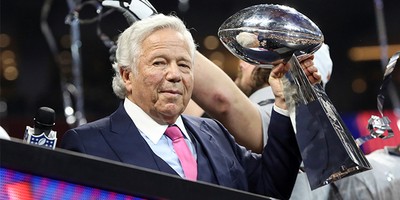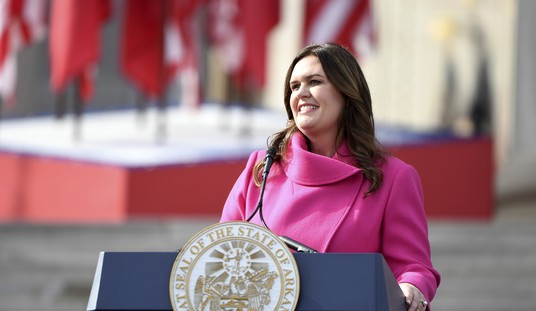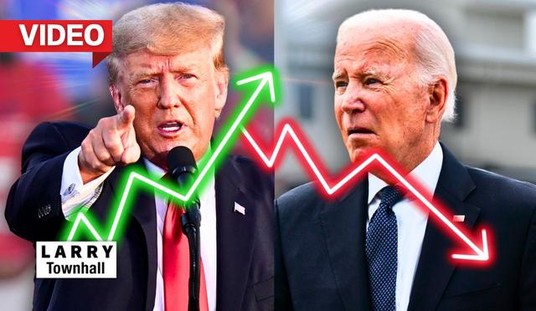When Martin Luther King Jr. Day arrives in January, I doubt you will hear commentators at MSNBC denigrating that heroic leader of the Civil Rights movement by claiming he improperly crossed the boundary line between church and state when he demanded that the laws of this country protect the God-given rights of African Americans. They would not have the nerve.
Recent programs on MSNBC, however, have attacked America's Roman Catholic bishops for making arguments based on exactly the same principles the Baptist minister King invoked while challenging racist statutes because they were contrary to the natural law and the law of God.

As the Media Research Center's Scott Whitlock first noted, NBC News Chief Medical Editor Nancy Snyderman accused the Catholic bishops of improperly breaching the separation of church and state when they advocated an amendment to the House health care bill that would prohibit tax dollars from paying for health insurance plans that cover abortion. Snyderman made the accusation on the Nov. 12 episode of her MSNBC program, "Dr. Nancy." Her guest that day was Terry O'Neill, president of the National Organization for Women.
"The Catholic bishops appearing and having a political voice seems to be a most fundamental violation of church and state," said Snyderman.
"You know, that's the first thing that I said," responded O'Neill. "I don't know where the Internal Revenue Service is, but I hope they're paying attention."
"Me, too," said Snyderman.
On MSBNC's "Morning Joe" on Nov. 23, MSNBC's Lawrence O'Donnell attacked Catholic Bishop Thomas J. Tobin of Providence, R.I. Tobin's perceived offense was having sent a private letter to Rep. Patrick Kennedy, D-R.I., almost three years ago advising Kennedy that in light of his persistent support for the legalized killing of unborn babies Kennedy should refrain from receiving Holy Communion. The bishop's discreet instruction to Kennedy became public last weekend only after Kennedy himself revealed it to the Providence Journal.
Recommended
"This is a political act by a political bishop," said O'Donnell. "Political bishops do the church absolutely no good. This guy's -- this bishop is a political hack."
That evening, Chris Matthews invited Tobin onto MSNBC's "Hardball." While appearing to turn the other cheek to Matthews' lecture-like don't-let-your-guest-get-a-word-in "interviewing" style, the mild-mannered bishop made some quietly powerful statements.
"Should the law outlaw, should it ban abortion?" Matthews taunted him. "Is that what a good Catholic should do? Because you're instructing people now how to vote. So, tell Catholics now on television how they should vote as members of Congress?"
"Sure," the bishop responded. "Catholics should vote as members of Congress on laws that preserve and protect human right."
"Would you outlaw it?" asked Matthews.
"Absolutely, because abortion is the taking of an innocent life," the bishop said.
"Right, I know. Right," said Matthews. "So that's where your difference is with president -- with Congressman Kennedy. He wouldn't outlaw it. Isn't that your difference?"
"That's a huge difference," said the bishop.
It is at least as huge as the difference right-minded clergymen like the Rev. Martin Luther King Jr. had with bigoted politicians who believed they could make laws to deny the fundamental rights of blacks.
When Bull Connor slapped King in Birmingham jail on Good Friday 1963 for protesting segregation, King explained his act of civil disobedience by pointing to the Roman Catholic St. Thomas Aquinas.
"One has not only a legal but a moral responsibility to obey just laws. Conversely, one has a moral responsibility to disobey unjust laws," said King. "A just law is a manmade code that squares with the moral law or the law of God. An unjust law is a code that is out of harmony with the moral law. To put it in the terms of St. Thomas Aquinas: An unjust law is a human law that is not rooted in eternal law and natural law."
King correctly argued that this was precisely the view of the men who wrote the Declaration of Independence and the Constitution.
"And I would contest that your problem is you haven't gotten people to obey your moral code through teaching, and you have resorted now to use the law to do your enforcement for you," Matthews told Tobin.
"We do that all of the time when we say that you may not kill somebody. You may not steal something. You may not beat somebody up," the bishop responded. "It's not at all unusual to have the moral law reflected in the laws of the land."
This basic understanding of the relationship between morality and law has always been, is now and always shall be an obstacle to those who want to kill innocents.
























Join the conversation as a VIP Member